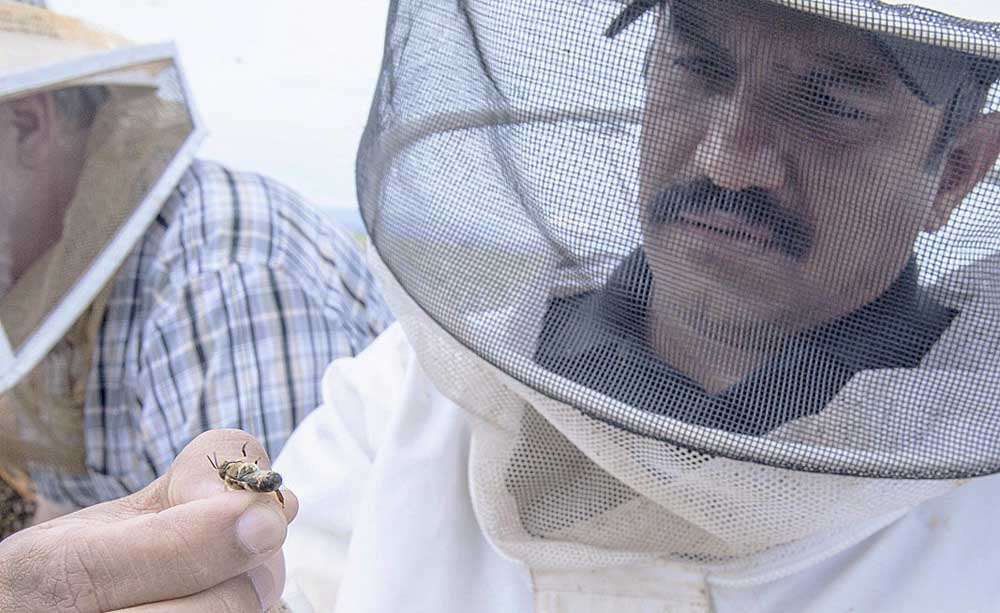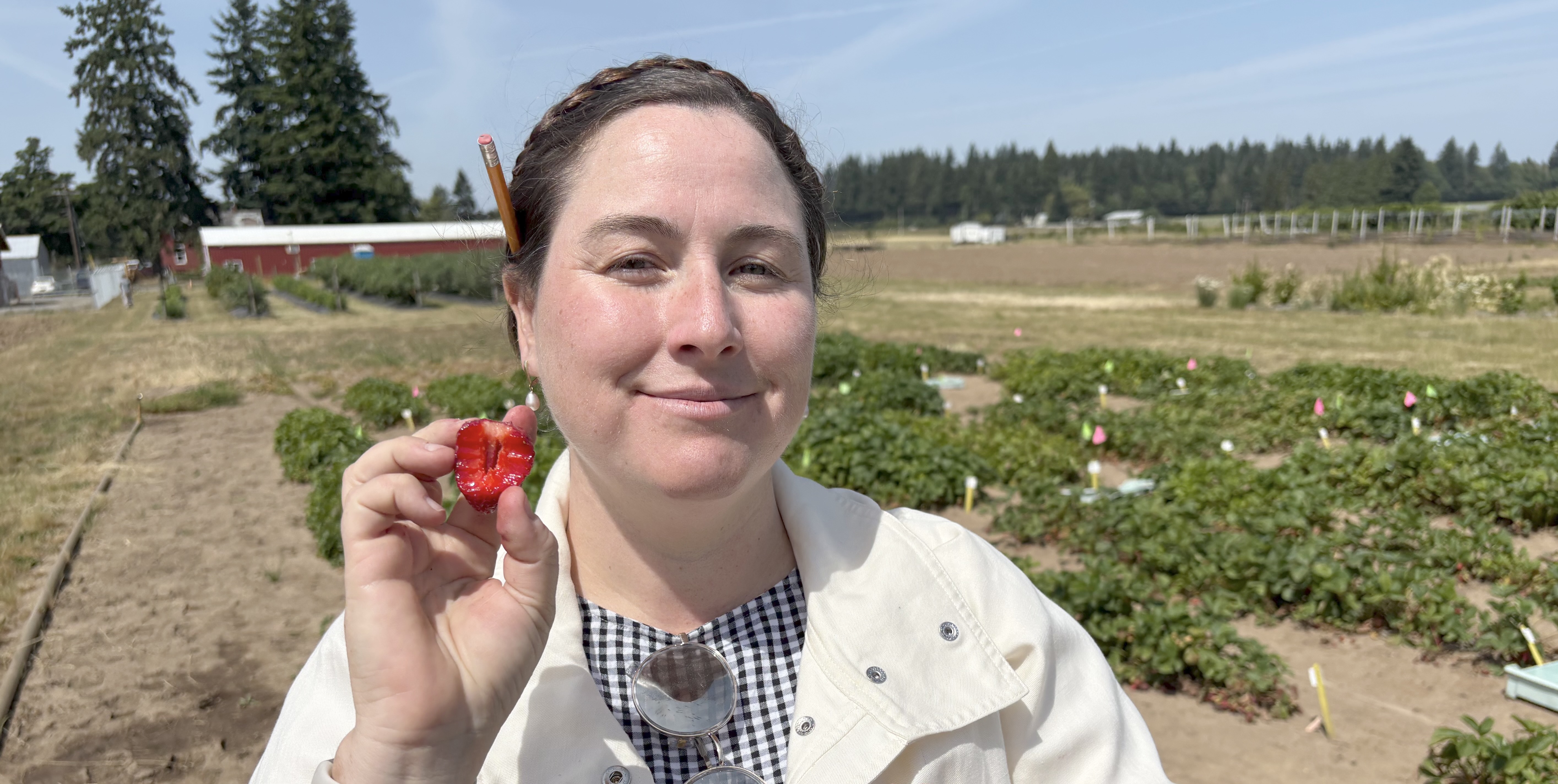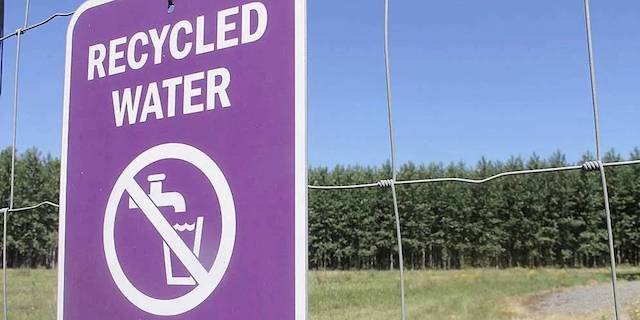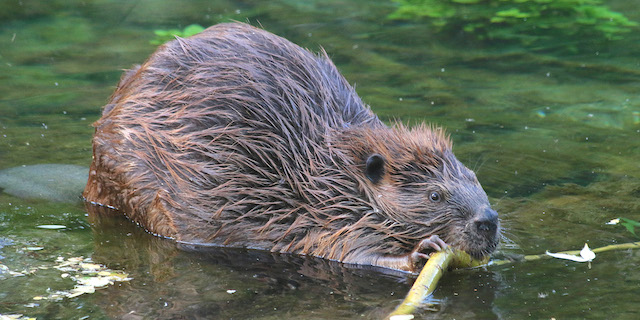Conference focuses on pollinators
Published 11:24 am Friday, February 15, 2019

- OSU researcher Ramesh Sagili worked on a study to determine the impact two insecticides have on honey bees.
CORVALLIS, Ore. — The first-ever Pacific Northwest Pollinator Summit and Conference, being held Feb. 14-15 on the Oregon State University campus in Corvallis, included presentations from farmers, foresters, extension agents and conservation district officials.
In the end, however, it may be the connections participants made throughout the day that will most stand out.
“I think this is creating a synergy among bee researchers, bee extension personnel and agencies across the region,” said Ramesh Sagili, an associate professor in the Department of Horticulture at OSU and an apiculturist. “This is creating a connection and a network among bee researchers so we aren’t duplicating our research and outreach efforts.”
“We are so excited to have this conference here,” said Sarah Kincaid, an entomologist with the Oregon Department of Agriculture, who is one of four steering committee members of the Oregon Bee Project. “For the state, this is maybe the first mass meeting of all the different pollinator experts and people who have interests and skin in the game. It is really exciting to be participating in this.”
In all, 185 people are participating in the two-day conference, which includes a workshop on Feb. 16, as well.
“These aren’t just members of the public,” said Andony Melathopoulos, pollinator health extension agent for OSU, who helped organize the summit. “These are people with skin in the game. These are people with active, ongoing programming.”
Asked during the lunch break how he thought the conference was going, Melathopoulos said: “I think it is going great. We just heard from a grass seed grower who laid out some of the challenges of getting the ag sector involved in pollinator protection. I think that was good for a lot of people to hear. And we heard from (Washington State University Extension agent) Kim Patten, who has been working with the cranberry industry and has years of really good research that I don’t think anybody really knew about before today.”
Day two sessions included presentations on urban pollinators, educational opportunities and wild pollinators.
“We have a very varied group of people here,” Melathopoulos said. “We have educators, federal agencies. We’ve got Soil and Water Conservation Districts here. We have farmers, foresters, all of the people you need to create new programming.
“And we have people from the entire region, including Oregon, Washington, Idaho and British Columbia,” he said.
Melathopoulos, who, like Kincaid, also serves on the steering committee for the Oregon Bee Project, said he designed the conference around the wishes of regional extension agents who told him they wanted a conference that would bring together difference makers.
“They wanted people in the room who were already doing things in their counties,” Melathopoulos said. “And that is who we have here.”






